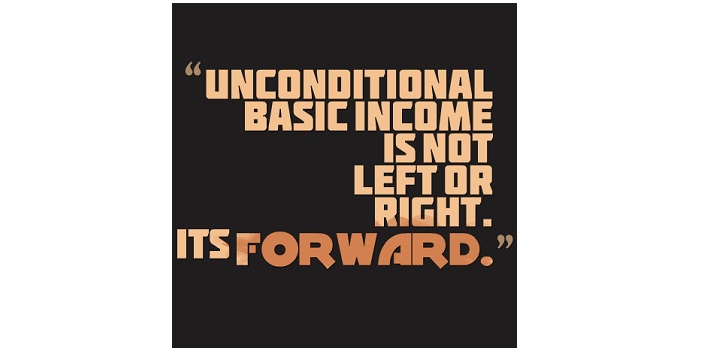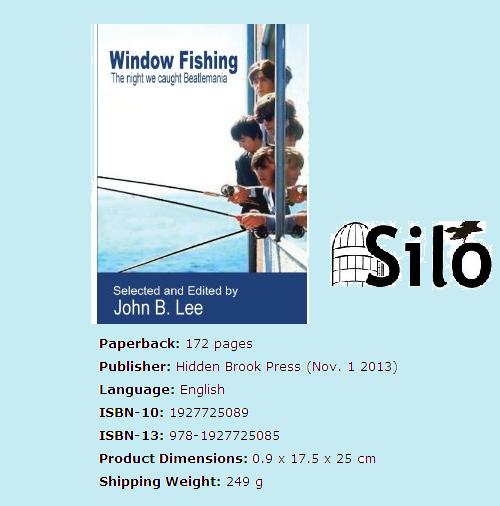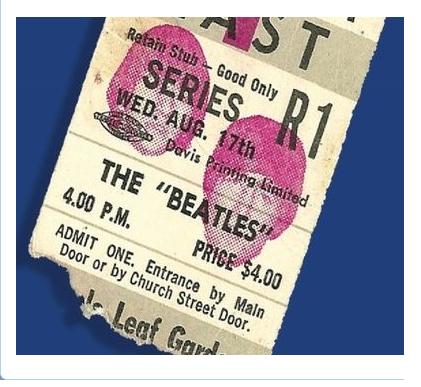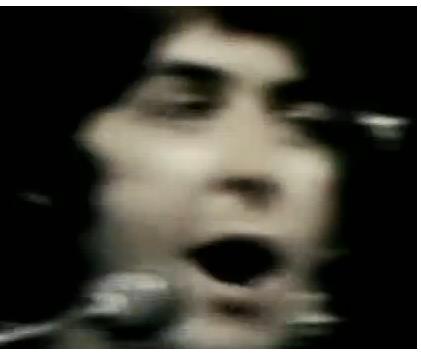The province has appointed the Honourable Hugh Segal to provide advice on the design and implementation of a Basic Income Pilot in Ontario, as announced in the 2016 Budget.
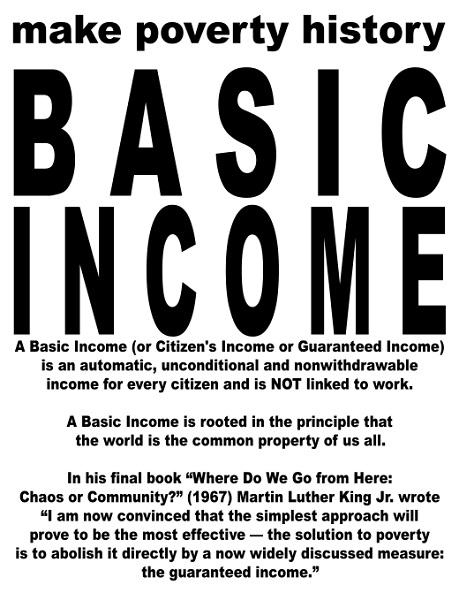 Basic income, or guaranteed annual income, is a payment to eligible families or individuals that ensures a minimum level of income. Ontario will design and implement a pilot program to test the growing view that a basic income could help deliver income support more efficiently, while improving health, employment and housing outcomes for Ontarians.
Basic income, or guaranteed annual income, is a payment to eligible families or individuals that ensures a minimum level of income. Ontario will design and implement a pilot program to test the growing view that a basic income could help deliver income support more efficiently, while improving health, employment and housing outcomes for Ontarians.
As Special Advisor on Basic Income, Mr. Segal will draw on his expertise in Canadian and international models of basic income and consult with thought leaders to help Ontario design a pilot.
Mr. Segal will deliver a discussion paper to the province by the fall to help inform the design and implementation of the pilot, on a pro bono basis. The discussion paper will include advice about potential criteria for selecting target populations and/or locations, delivery models and advice about how the province could evaluate the results of the Basic Income Pilot. Ontario will undertake further engagement with experts, communities and other stakeholders as it moves towards design and implementation.
Supporting Ontarians through a Basic Income Pilot is part of the government’s economic plan to build Ontario up and deliver on its number-one priority to grow the economy and create jobs. The four-part plan includes investing in talent and skills, including helping more people get and create the jobs of the future by expanding access to high-quality college and university education. The plan is making the largest investment in public infrastructure in Ontario’s history and investing in a low-carbon economy driven by innovative, high-growth, export-oriented businesses. The plan is also helping working Ontarians achieve a more secure retirement.
QUOTES
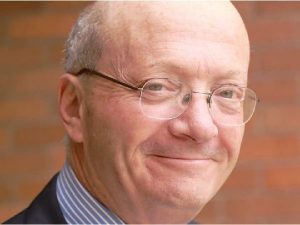 “Ontario is taking a leading role in piloting a modern Basic Income, and we are thrilled that the Honourable Hugh Segal will be lending us his considerable expertise in this regard. We want to ensure that we are developing a thoughtful, evidence-based approach to test the idea of a Basic Income, and we look forward to Mr. Segal’s advice as we begin this work.”
“Ontario is taking a leading role in piloting a modern Basic Income, and we are thrilled that the Honourable Hugh Segal will be lending us his considerable expertise in this regard. We want to ensure that we are developing a thoughtful, evidence-based approach to test the idea of a Basic Income, and we look forward to Mr. Segal’s advice as we begin this work.”
— Dr. Helena Jaczek, Minister of Community and Social Services
“I am delighted to be working with the government to help lay the groundwork for a Basic Income Pilot in Ontario. The potential for a Basic Income to transform income security in Ontario and across the country is tremendous, and I look forward to contributing to this bold initiative.”
— The Honourable Hugh Segal
QUICK FACTS
- Finland, Netherlands and Kenya are all looking at developing pilot projects that test the idea of a basic or annual guaranteed income.
- MINCOME in 1975-78 tested the idea of a guaranteed annual income in Dauphin, Manitoba.
LEARN MORE
Send us your thoughts via smart device and computer videocamera- [vidrack align="center"]
L’Ontario va de l’avant avec le Projet pilote portant sur le revenu de base
La province nomme Hugh Segal conseiller special
La province a nommé l’honorable Hugh Segal pour lui donner des conseils sur la conception et la mise en œuvre d’un Projet pilote portant sur le revenu de base en Ontario, tel qu’annoncé dans le budget de 2016.
Le revenu de base, ou revenu annuel garanti, représente un paiement versé aux familles ou aux particuliers admissibles. Il garantit un niveau de revenu minimum. L’Ontario concevra et mettra en œuvre un programme pilote pour confirmer l’hypothèse voulant qu’un revenu minimum contribue à accorder un soutien du revenu de façon plus efficace, tout en améliorant les résultats en matière de santé, d’emploi et de logement pour les Ontariens et les Ontariennes.
En tant que conseiller spécial pour le revenu de base, M. Segal fera appel à sa connaissance des modèles de revenu de base canadiens et internationaux et consultera des dirigeants pour aider l’Ontario à concevoir un projet pilote.
- Segal remettra un document de discussion à la province d’ici à l’automne sur lequel l’élaboration et la mise en œuvre du projet pilote reposeront et ce, de façon bénévole. Le document de discussion inclura des conseils sur les critères éventuels de sélection des groupes cibles et/ou des lieux, des modèles de prestation et des conseils sur le mode d’évaluation par la province des résultats du Projet pilote portant sur le revenu de base. L’Ontario entamera un dialogue supplémentaire avec des spécialistes, des communautés et d’autres intervenants dans le cadre de l’élaboration et de la mise en œuvre de ce projet pilote.
Offrir un soutien aux Ontariens et aux Ontariennes grâce à un Projet pilote portant sur le revenu de base s’inscrit dans le plan économique du gouvernement, qui vise à favoriser l’essor de l’Ontario et à concrétiser sa principale priorité, à savoir stimuler l’économie et créer des emplois. Ce plan en quatre volets consiste à investir dans les talents et les compétences, tout en aidant plus de gens à obtenir et à créer les emplois de l’avenir en élargissant l’accès à des études collégiales et universitaires de haute qualité. De plus, le plan fait le plus important investissement dans l’infrastructure publique de l’histoire de l’Ontario et investit dans une économie sobre en carbone guidée par des entreprises innovatrices, à forte croissance et axées sur l’exportation. Enfin, le plan aide la population ontarienne active à bénéficier d’une retraite plus sure.
CITATIONS
« L’Ontario adopte un rôle de chef de file pour introduire sous forme de projet pilote un revenu de base moderne. Nous sommes ravis que l’honorable Hugh Segal mette son expertise considérable à notre service. Nous voulons nous assurer d’élaborer une approche réfléchie, fondée sur des données probantes, pour tester le concept de revenu de base. Nous comptons sur les conseils de M. Segal dans le cadre du lancement de ces travaux. »
— Dre Helena Jaczek, ministre des Services sociaux et communautaires
« Je suis ravi de collaborer avec le gouvernement pour jeter les bases d’un Projet pilote portant sur le revenu de base en Ontario. Le revenu de base pourrait transformer radicalement la sécurité du revenu en Ontario et dans tout le pays. Je suis heureux de contribuer à cette initiative audacieuse. »
— L’honorable Hugh Segal
FAITS EN BREF
- La Finlande, les Pays-Bas et le Kenya songent tous à concevoir des projets pilotes qui testeront la notion de revenu de base ou de revenu annuel garanti.
- MINCOME a testé en 1975-1978 l’idée d’un revenu annuel garanti à Dauphin, au Manitoba.
POUR EN SAVOIR DAVANTAGE
- Renseignements sur les services sociaux
